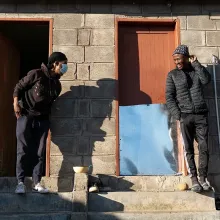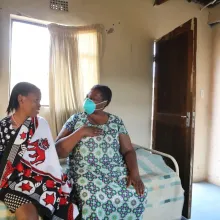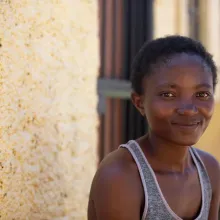DR-TB
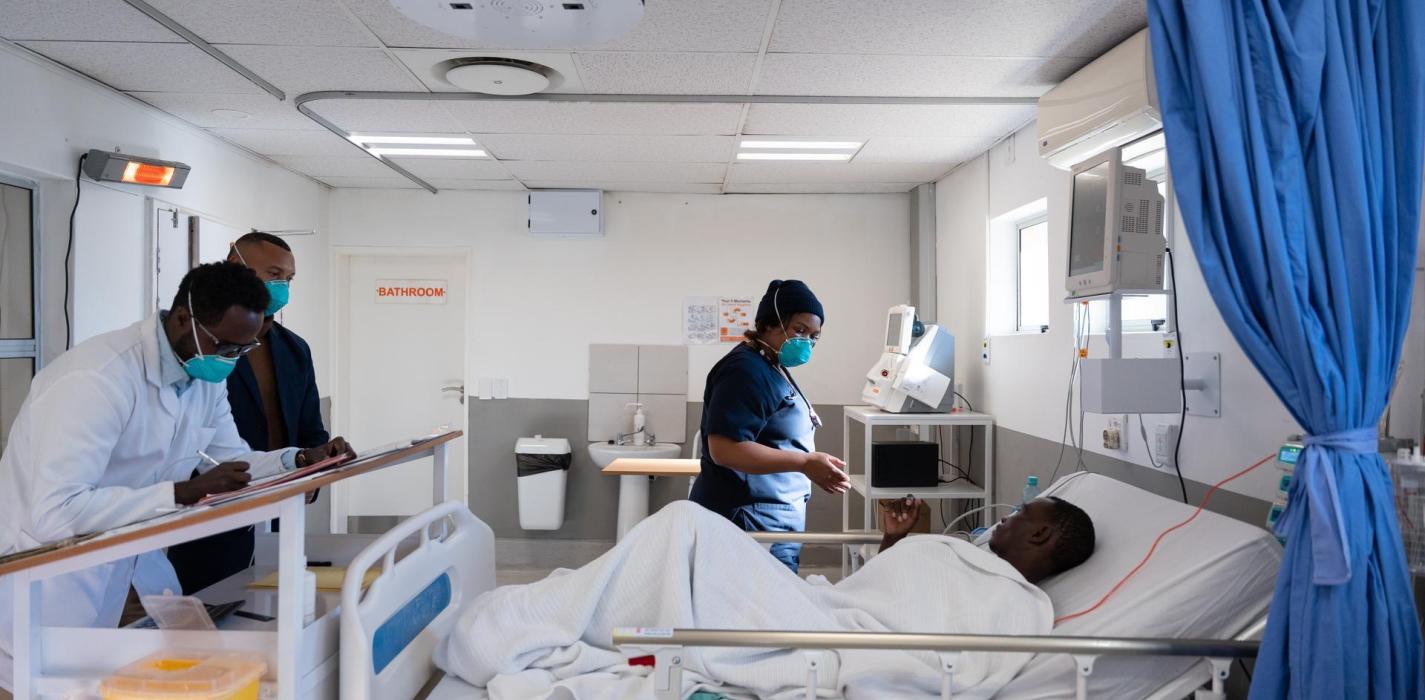
PIH Lesotho treats stable patients through community model of care. Very sick patients are admitted at Botšabelo hospital and Extended care is offered at halfway homes (Malaeneng).
Our Impact
Launched in 2007 to address high rates of DR-TB in Lesotho. The program covers the 10 districts. PIH has established robust support networks, ensuring that patients receive consistent follow-up and adherence support through home visits and local treatment supporters.
-
98%MDR-TB
Patients enrolled in the program against patients put on treatment since 2020
-
55%MDR-TB/HIV Co-Infections
MDR-TB and HIV Co-Infections have dropped from 72% to 55% from Fiscal Year 2020 to 2024.
-
82%Treatment Outcomes FY20 - FY24
Treatment Success Rate for MDR-TB cases.
Partners In Health Lesotho has been at the forefront of combating drug-resistant tuberculosis (DR-TB) by implementing comprehensive treatment and care strategies that span from community outreach to intensive care unit (ICU).
Hospital Care & Treatment
Botšabelo Hospital caters specifically to MDR-TB.
General Wards – Admit non-critical patients.
ICU & HDU – PIH Lesotho has invested in intensive and critical care; recruitment of emergency and critical care specialists, internists and infectious diseases specialists.
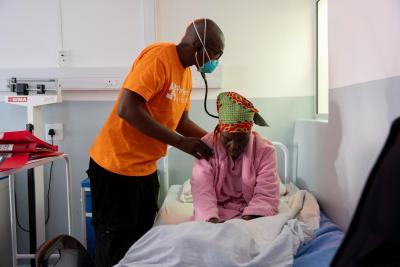
Dr. Sebakeng Phate, MDR-TB Associate Lead, at PIH-supported Botšabelo Hospital in Maseru, Lesotho examines MDR-TB patient ‘Majanki Lesako during morning rounds.
Community Model of Care
The community-based approach is crucial in addressing the social determinants of health, such as nutrition and housing, which significantly impact treatment outcomes.
- Halfway homes (Malaeneng) for patients receiving extended care.
- Transport support for treatment supporters and patients.
- Monthly community follow-up at district hospitals.
- Each patient is assigned one treatment supporter throughout treatment.
- Social support package.
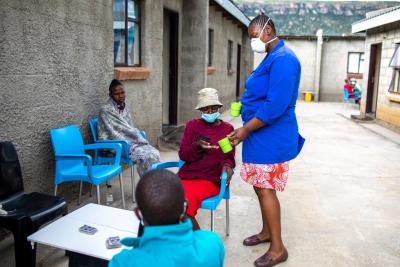
Extended care for MDR-TB patients at Halfway Homes (Malaeneng)
